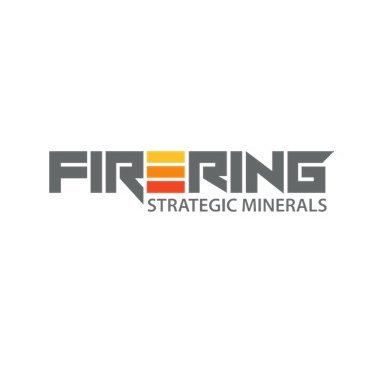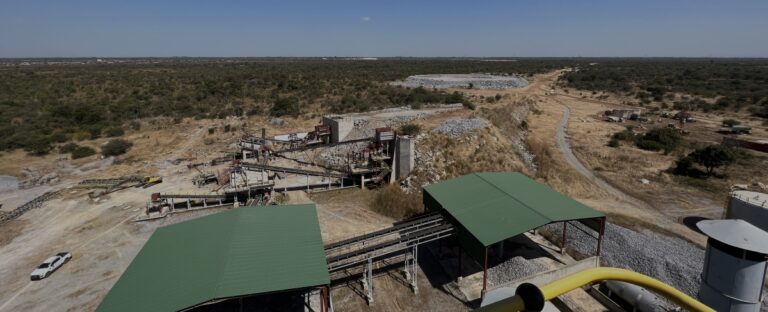The unassuming white granules stacking our shelves might seem worlds away from the gleaming corridors of steel mills and smelting works, yet behind the scenes a centuries-old chemical quietly orchestrates the purity and performance of metals that underpin modern industry.
In the shadows of blast furnaces and electrolytic cells, lime’s journey from sedimentary rock to high-temperature flux reveals an interplay of thermal chemistry and industrial ambition that investors rarely spot on balance sheets. It begins deep within kilns, where limestone’s conversion into quicklime releases a clouds of carbon dioxide, signalling the birth of a compound whose reactivity underpins some of the highest-value sectors. As molten steel flows, a controlled addition of lime scrubs away sulphur and phosphorus, securing the alloys’ structural integrity. Behind aluminium’s ascent, lime-derived alumina ensures feedstock purity, while in copper refining its use in ore beneficiation optimises recovery rates, bolstering both yield and margins.
Yet beyond its role as a purifier, lime’s metamorphic chemistry outlines a natural cycle that marries industrial process with environmental consequence. As slaked lime reverts over time to its carbonate roots, it offers dormant potential for CO₂ recapture, a narrative increasingly compelling as regulators tighten emissions thresholds. Investors tuning into this dynamic might note that greener production methods, incorporating lime’s carbonation reaction, could confer cost advantages where carbon liabilities bite hardest. Moreover, the early movers in low-emission kiln technology may find themselves positioned at the intersection of supply security and sustainability mandates, translating technical prowess into pricing power.
Across the non-ferrous landscape, lime’s versatility becomes a silent driver of product quality. In uranium extraction, its capacity to adjust slurry pH enhances metal leach efficiencies, while in precious-metal recovery its conditioning of flotation circuits elevates concentrate grades. These applications are neither marginal nor transient; they map directly onto sectors where even fractional improvements in recovery translate into multi-million-pound swings in annual revenues. From an investor’s vantage, that alignment between humble chemistry and material earnings invites a rethink of where real value resides within the metals supply chain.
The commodity’s appeal does not rest solely on its chemical utility. Markets for high-grade limestone and quicklime are shaped by geological endowment and logistical reach, a dual bottleneck that rewards vertically integrated operations or those with long-term supply agreements. In regions where kiln capacity is scarce or energy costs volatile, the price elasticity of lime can outpace more visible raw materials. As energy markets gyrate, production margins and contract structures built around lime become key levers for profitability, making it a strategic input that merits closer scrutiny.
Looking ahead, incremental innovation in lime production, whether through microwaving techniques to reduce calcination thresholds or through enhanced reactor designs to capture exhaust gases—may shift the competitive landscape. Those who pioneer such advances could unlock new tiers of cost efficiency, reshaping the cost curves of downstream metal producers. For investors, tracking these technological undercurrents could prove as vital as monitoring ore grades or spot metal prices.
Ultimately, the narrative of investment in metals is incomplete without acknowledging the foundational role of lime. It is a compelling reminder that in every tonne of steel or aluminium, a fundamental chemistry silently dictates product performance, environmental footprint, and cost structure. For those seeking enduring exposure to the cycles of industrial growth, the white mineral’s discreet influence is a signal worth following.
Lime is the basic yet indispensable agent that transforms raw limestone into the reactive flux and refined reagents essential for metal purification, alloyation, and environmental compliance.
Firering Strategic Minerals plc (LON:FRG) is an emerging quicklime producer and critical minerals explorer, with operations in Zambia and West Africa.







































